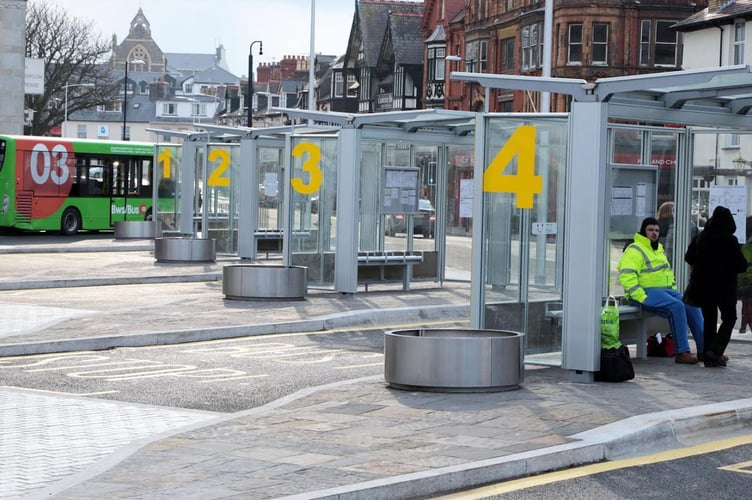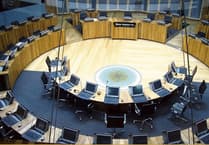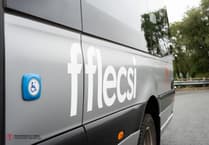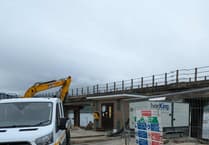Plans to end the current “de-regulated” bus system passed the first stop on the legislative journey as the Senedd voted in favour of the general principles.
Senedd voted 37-12, with one abstaining, in support of the bus bill which seeks to replace the current system in which private operators decide most routes on a commercial basis.
A franchising model similar to Greater Manchester’s would be introduced under the bill, with the Welsh Government gaining control of routes, timetables, fares and standards.
Ken Skates, Wales’ transport secretary, told the Senedd: “Moving from the current deregulated model will support a truly integrated transport system that is fit for purpose.”
He said the franchising model would put people first, driving up passenger numbers and generating more revenue from fares which can then be used to improve services.
If the bill completes its journey through the Welsh Parliament, Transport for Wales would roll out the new system in phases over four to five years beginning in south-west Wales.
Llŷr Gruffydd, who chairs the Senedd’s infrastructure committee, said the case for reform is compelling, with fragile rural services and declining patronage in some areas.
While he backed the “important and necessary step forward”, Mr Gruffydd shared the concerns of witnesses who told the committee the bill lacks detail in some key areas.
“It has been disappointing that significant aspects of the proposals will only become clear once the bill has become law,” said the Plaid Cymru politician who called for key commitments to be set out in the bill, “not left to the goodwill of a future government”.
Mr Gruffydd expressed concerns about a “significant” gap in the bill around congestion and infrastructure, with witnesses warning services will not otherwise improve under any model.
The Conservatives’ Sam Rowlands shared a desire to improve public transport but he warned the bus bill “falls short” and the franchising model is the wrong vehicle.
He told Senedd members far too many businesses folded following the introduction of franchising in Manchester after being excluded from procurement due to red tape.
Mr Rowlands said: “What the Bill completely fails to address is the single biggest challenge facing bus services today, and that's congestion.
“Reliability is crucial.
“You can't have a modern, integrated public transport system if buses are stuck in traffic and consistently late.”
During the debate on 16 September, Labour’s Lee Waters said the bill is a “big deal” and “in time will make a big difference.”
“Since Tory privatisation of the bus industry in the mid-1980s, the number of routes has shrunk, the pay of the staff has been suppressed and fares have risen.”
Criticising the current “dysfunctional” system, the former transport minister said operators make 100 per cent private profit but more than half of their costs are met by the public purse.
Mr Waters pointed to the bill’s impact assessment which estimated the benefits of the bill at more than £3bn, five times greater than the costs of £600m, over a 30-year horizon.





Comments
This article has no comments yet. Be the first to leave a comment.